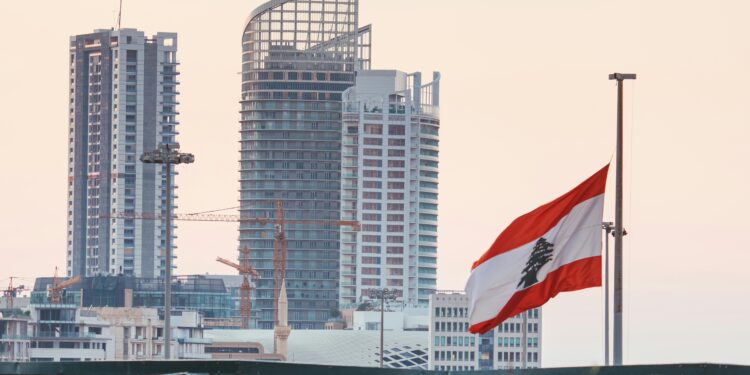On Tuesday, July 30th, Israel executed a rare and targeted strike in Beirut, Lebanon, killing Fu’ad Shukr, a senior Hezbollah military commander. The attack, which Israel claims was a response to a rocket strike that killed 12 children in the Golan Heights on Saturday, marks a significant escalation in the ongoing conflict between Israel and Hezbollah. The Lebanese Health Ministry reported three fatalities, including two children and a woman, and 74 injuries, underscoring the strike’s devastating impact on the local community.
Israeli Defense Minister Yoav Gallant stated that Hezbollah “crossed the red line,” attributing the rocket attack to the group despite their denial. Hezbollah’s denial contrasts with Israel’s assertions that the group was responsible for the recent violence, which also saw Hezbollah firing at Israeli military targets. The strike on Beirut’s southern suburb, a Hezbollah stronghold, also led to significant structural damage, including the collapse of an apartment building and damage to a nearby hospital.
The incident has drawn widespread condemnation, including from Lebanon’s caretaker Prime Minister Najib Mikati, who labeled the attack a “clear violation of international law.” Hezbollah MP Ali Ammar and Iran’s Embassy in Lebanon condemned the strike, with Ammar warning of retaliation. The United States and Israel maintain that Hezbollah was responsible for the Golan Heights attack, with U.S. Vice President Kamala Harris supporting Israel’s right to self-defense while advocating for a diplomatic resolution.
This event represents the most significant flare-up between Israel and Hezbollah since October 8, with fears of further escalation looming. The international community has urged restraint, with the United Nations calling for calm. The situation remains tense, with potential repercussions for broader regional stability. The attack’s aftermath saw emergency responders and bystanders navigating through debris, highlighting the humanitarian impact of the ongoing conflict.
Israeli officials emphasized that their military actions were aimed at preventing further harm to its citizens, signaling a cautious approach to avoid a full-scale regional war. As both sides assess the aftermath, the international community watches closely, hoping for de-escalation in one of the Middle East’s most volatile regions.









